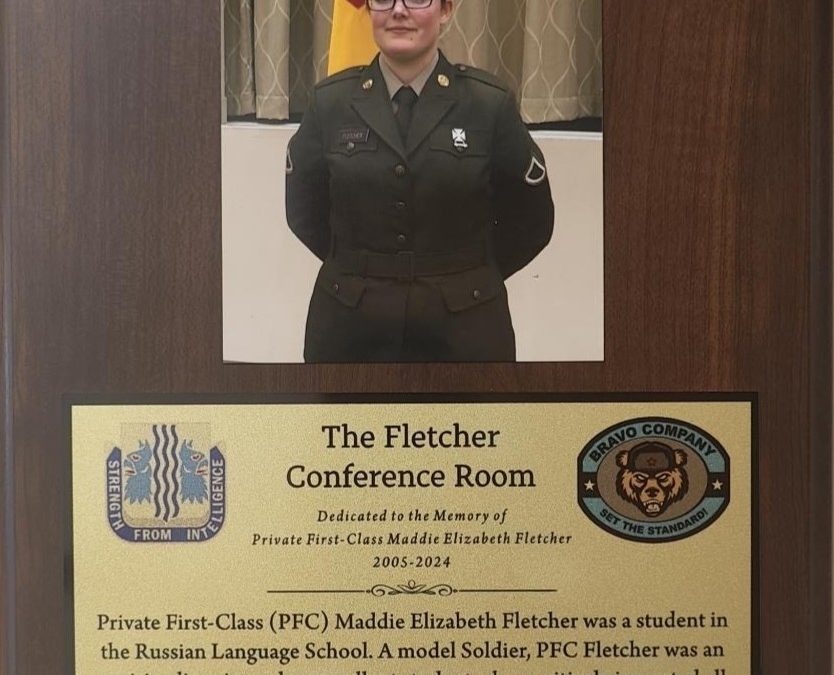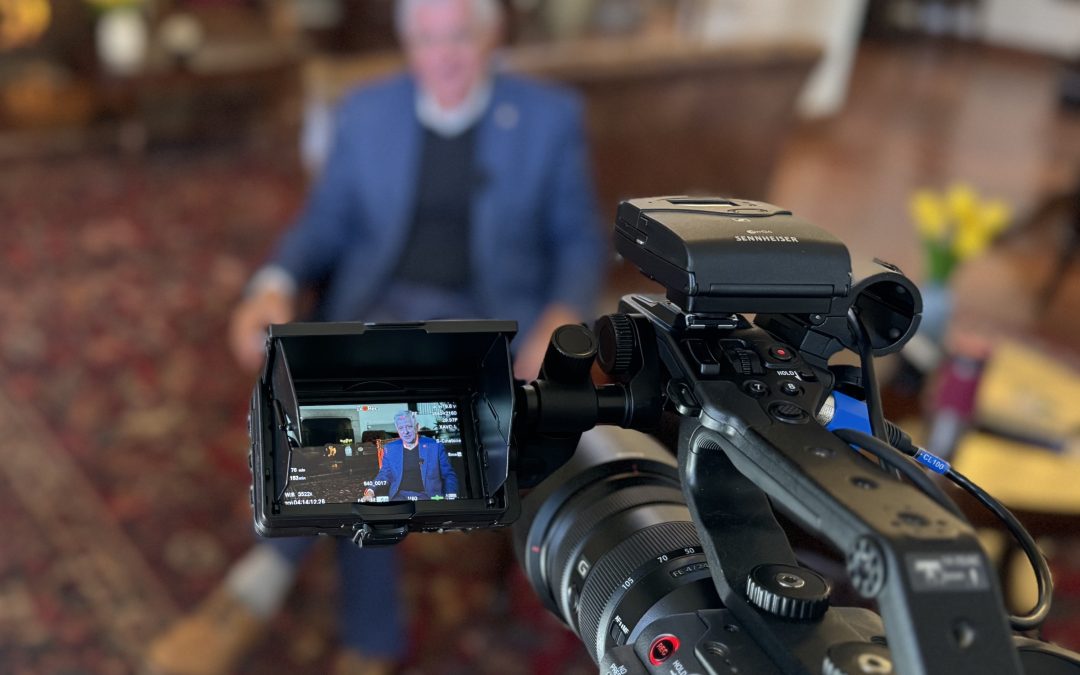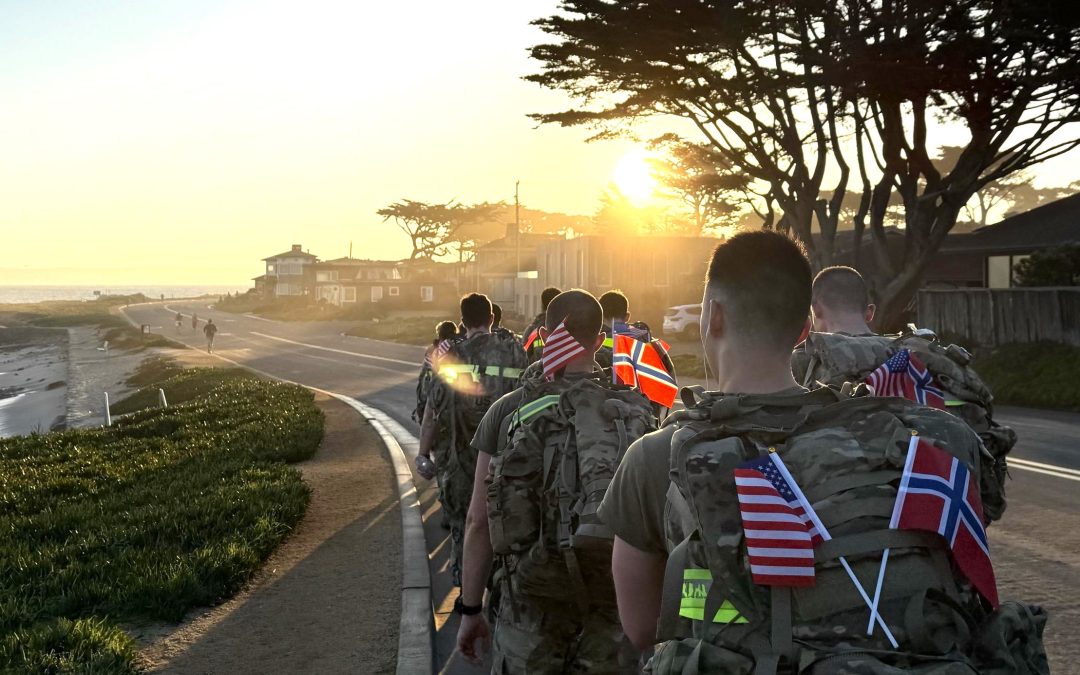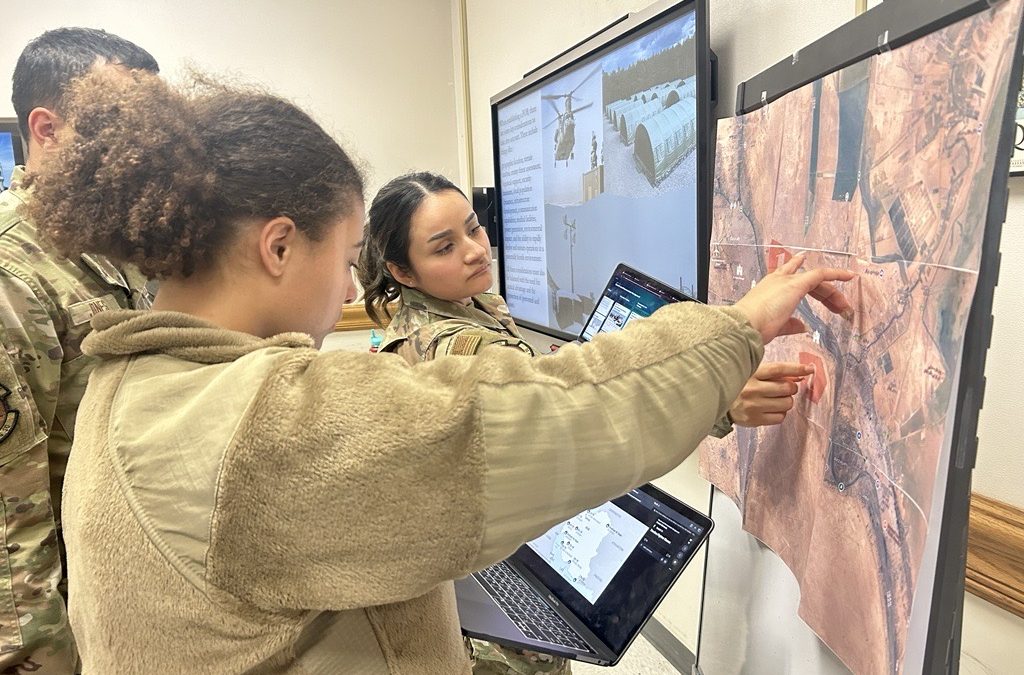By Natela Cutter
DLIFLC Public Affairs

Staff Sgt. Alex Rababahh is the top Military Language Instructor at the Defense Language Institute Foreign Language Center, having won Military Language Instructor of the Year for 2017 and is the Institute’s first MLI to represent DLIFLC in the Training and Doctrine Command Instructor of the Year Competition. (U.S. Army photo by Patrick Bray/Released)
MONTEREY, Calif. – Most people who join the military don’t go into a recruiting station with the demand to pick a Military Occupational Specialty that has the longest training pipeline there is.
Ten years ago, this is exactly what Staff Sgt. Alex Rababahh did. “I heard it was the longest training in the military, and said ‘I will take it.’ I was interested in the linguist career field and really wanted to learn Arabic,” Rababah said, explaining that he had his language choice stipulated in his contract.
Today, Rababah is the top Military Language Instructor at the Defense Language Institute Foreign Language Center, having won Military Language Instructor of the Year for 2017 and is the Institute’s first MLI to represent DLIFLC in the Training and Doctrine Command Instructor of the Year Competition.
“I won’t find out the results of the TRADOC competition until March, but it was an honor to enter this competition just the same, having competed here against more than 100 of my fellow instructors, all of whom are extremely competent. Now I will be competing against mostly AIT instructors, civilians, and other military services,” Rababah said, speaking about Advanced Individual Training instructors.
Though Rababah is modest about his accomplishments, it is quite obvious that getting to this point has required a lot of time, effort and dedication to teaching, working with students, and collaborating with civilian faculty and staff inside his school, called Middle East II.
“The students always brag about how ‘awesome’ he is (Rababah) and how he always goes the extra mile to help them. They learn so much from him. He is always willing to help and invests time and energy into our departments’ success,” said Pascale Koayess, an academic specialist in MEII.
Over the past several years Rababah has won MLI of the quarter twice and three Team Teaching Excellence Awards, which means that, along with his civilian colleagues, 40 percent of his students received 2+/2+ or higher on the Defense Language Proficiency Test. During the 64-week-long course, Rababah taught 10 to 15 hours per week, along with recording grates, counseling, after class tutoring, and liaising with unit commanders, whom the students report to.
Alongside these duties, Rababah still had time to volunteer 600 hours at the local Society for the Prevention of Cruelty to Animals and lead the DLIFLC Color Guard for the last three years, which involved practice twice a week with joint service members and participating in weekend events from San Francisco to Los Angeles.
But Rababah’s real passion lies in the love of teaching and helping other people. He is able to motivate his students and urge them to press on with their studies that are tedious and seemingly never-ending by using examples from his own life experience and deployments to Iraq and the United Kingdom.
“Every mission we did was reportable to the President,” said Rababah, talking about his experience. “This responsibility led me to think that I can’t just be good at my job but that I also needed to be good at teaching and mentoring service members and civilians. Soon after I became an adjunct faculty member at the Royal Air Force Menwheth Hill,” in the UK.
For their efforts, Rababah’s unit won the Intelligence Unit Citation award in 2013.
“At this point I realized that I really liked teaching because I could see that it affected mission directly, at a time when I was not thinking of reenlisting,” said Rababah, explaining that the work of his unit helped ensure the safety of military personnel, civilians and allies at the beginning of the Arab Spring.
Rababah is now slated to enroll into the Russian Basic Course, which will technically be his fourth language, right after Arabic, Tagalog, and Cebuano, in all of which he has tested at Level 3.
“I chose Russian because of the current geopolitical climate. I believe that knowing Russian and Arabic is very advantageous for my career, and I essentially see myself as someone who can help in future missions,” he said.
DLIFLC provides resident instruction in 17 languages at the Presidio of Monterey, California, with the capacity to instruct another 65 languages in Washington, D.C. The Institute has graduated more than 220,000 linguists since 1941.
In addition, multiple language training detachments exists at sites in the U.S., Europe, Hawaii and Korea, spanning all the U.S. geographic combatant commands in support of the total force.




